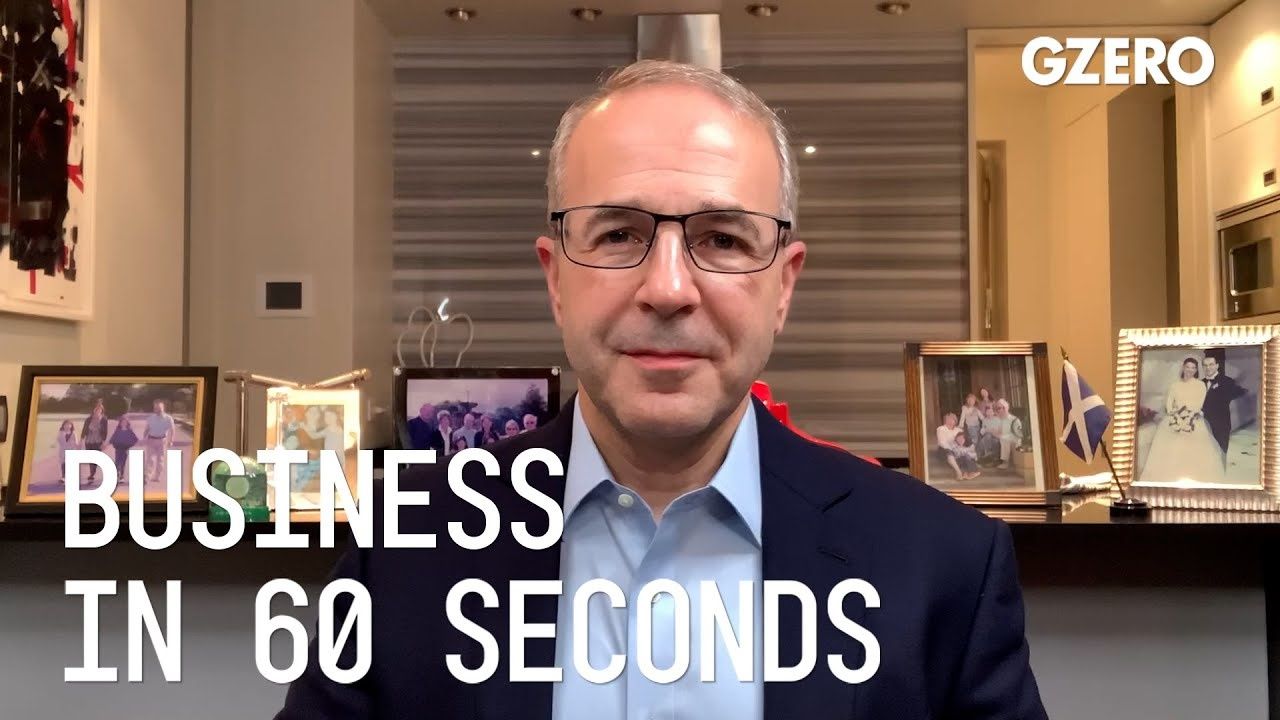
Should big business care about small business in these times?
The answer is yes and for many reasons. First, small business is the lifeblood of our economies. 45% of employment in emerging countries and 70% in the OECD comes from small and medium enterprises. Moreover, these enterprises have been badly hit by the crisis. Surveys indicate as many as 50% of European small to medium enterprises feel they may not survive over 12 months. While SMEs are relying on government support, larger companies do have a role to play. After all, this includes prioritizing small business and procurement by locking in demand for multiple years, thus facilitating access to good credit, paying receivables to small business in time and where possible, ahead of schedule. Cash flow matters most when you're small. Looking out for small businesses that have lower resilience. For example, financial institutions can lend more and in doing so, ensure deeper customer relationships in the future.